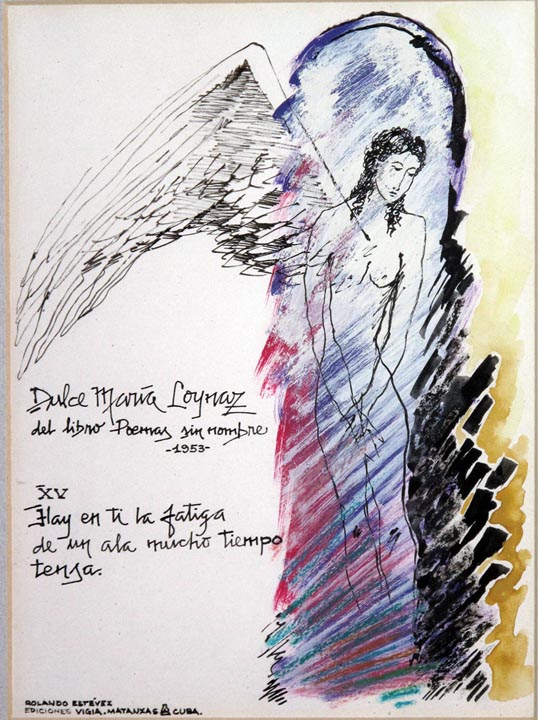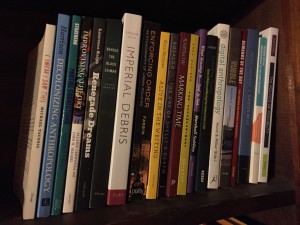[Savage Minds is pleased to publish this essay by Anand Pandian as part of our Writers’ Workshop series. Anand teaches anthropology at Johns Hopkins University. His books include Reel World: An Anthropology of Creation (Duke University Press and Penguin India, forthcoming this fall), and Ayya’s Accounts: A Ledger of Hope in Modern India (Indiana University Press, 2014), which he wrote with his grandfather.]
One day last summer, a caterpillar dropped from the rim of my desktop monitor. A peculiar little creature—no more than an inch long, clothed in a jacket of wispy white, a jaunty pair of lashes suspended well behind a tiny black head.
The visitation was unexpected. It’s not as though I work in a natural wonderland. The walls of this office are made of painted cinderblock. The window is fixed firmly in place, completely sealed from the outside. Peculiar odors sometimes drift from the vent above my desk, possibly from the labs upstairs.
The caterpillar seemed unhappy with the windowsill, where I placed it for a closer look. So I scooped up the errant traveler and stepped outside the building, wondering, for a moment, whether there was anything more palatable in the turfgrass. Then I went back to writing, back to whatever I could forage for my monitor that day. Continue reading

